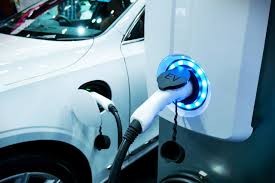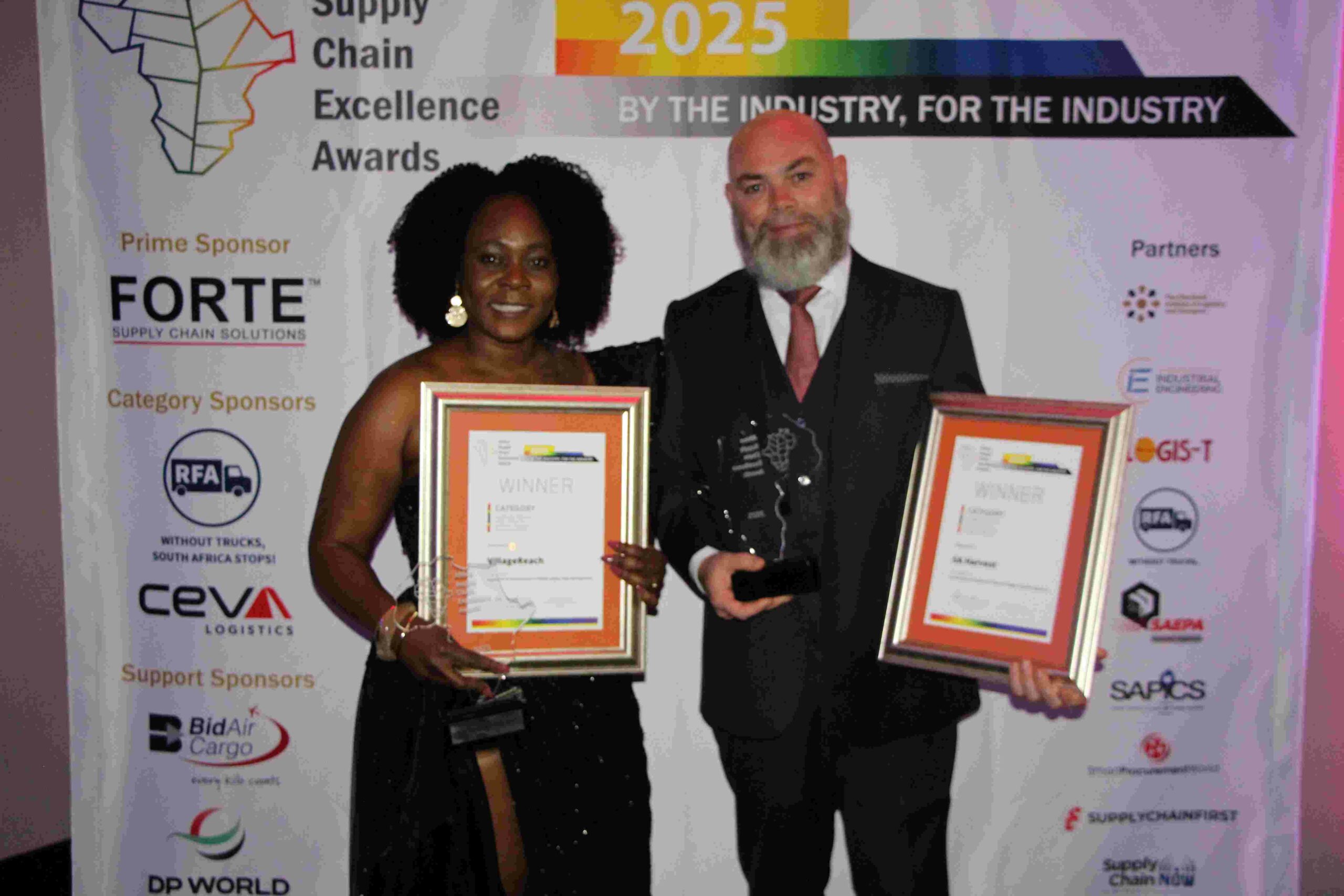Zeno Raises $9.5 Million to Lead Africa’s Electric Revolution

Zeno, a startup co-founded by Tesla alumnus Michael Spencer, has secured $9.5 million in an oversubscribed seed funding round, positioning itself to make a significant impact on Africa’s energy and transport landscape. This funding was led by Lowercarbon Capital and Toyota Ventures, with support from investors like 4DX Ventures, Active Impact, Advantedge, MCJ Collective, and RedBlue Ventures. The influx of capital will allow Zeno to roll out its innovative electric motorbikes with swappable battery technology in East Africa by early 2025, marking a milestone in the region’s electric vehicle (EV) sector.
Disrupting the Two-Wheeler Market with Swappable Batteries
At the heart of Zeno’s vision is its swappable battery technology, which offers riders flexibility and affordability. Riders will have the option to buy or lease Zeno’s electric motorbikes, which will be priced competitively—lower than gasoline-powered models if purchased without a battery. The company will also offer battery leasing through a pay-per-use or subscription-based model, further lowering the cost barrier for consumers in East Africa. This is especially important in markets like Kenya, Rwanda, Uganda, and Tanzania, where the adoption of electric vehicles is growing, driven by both environmental and economic factors.
For many motorbike taxi riders, commonly known as boda bodas, fuel expenses make up a significant portion of their earnings. Zeno’s swappable battery system could reduce their fuel costs by up to 50%, making it a game-changer for daily commuters in cities like Nairobi and Kampala.
Expanding Beyond Electric Bikes: Energy Storage for Homes
Zeno’s ambitions extend beyond electric motorbikes. Shortly after the launch of its bikes, the company plans to introduce a home battery dock. This system, paired with solar panels, can power household appliances such as cookstoves and water pumps, potentially bringing renewable energy to areas lacking reliable grid access. According to Spencer, customers who don’t have grid connectivity can take batteries home from Zeno’s swap stations to power their homes. The home docking system can also function as a solar inverter, charging batteries and providing long-term energy solutions for customers in underserved regions.
A Growing EV Market in Africa
Zeno’s entry into the electric vehicle market comes at a time when the African EV sector is rapidly expanding. Although still in its early stages compared to other regions, the African market is expected to generate revenues of $204.8 million by 2024, growing at an annual rate of 8.87% to reach $313.3 million by 2029. This growth, driven by rising fuel prices and increasing government support for renewable energy, sets the stage for startups like Zeno to play a pivotal role in Africa’s energy transition.
Competitors and Market Opportunities
Zeno enters a competitive landscape where other players like Rwanda’s Ampersand and Kenya’s BasiGo have already made strides in the EV space. Ampersand recently raised an additional $2 million in equity, while BasiGo secured $225,000 to enhance its charging infrastructure. However, Zeno’s focus on battery-swapping technology and its integrated energy solutions for homes give it a unique edge in the market.
With its innovative approach, strong backing from prominent investors, and a clear path to scaling in East Africa, Zeno is well-positioned to transform the region’s transport and energy sectors.
Emmanuel Daniji / startupsvibes.com





